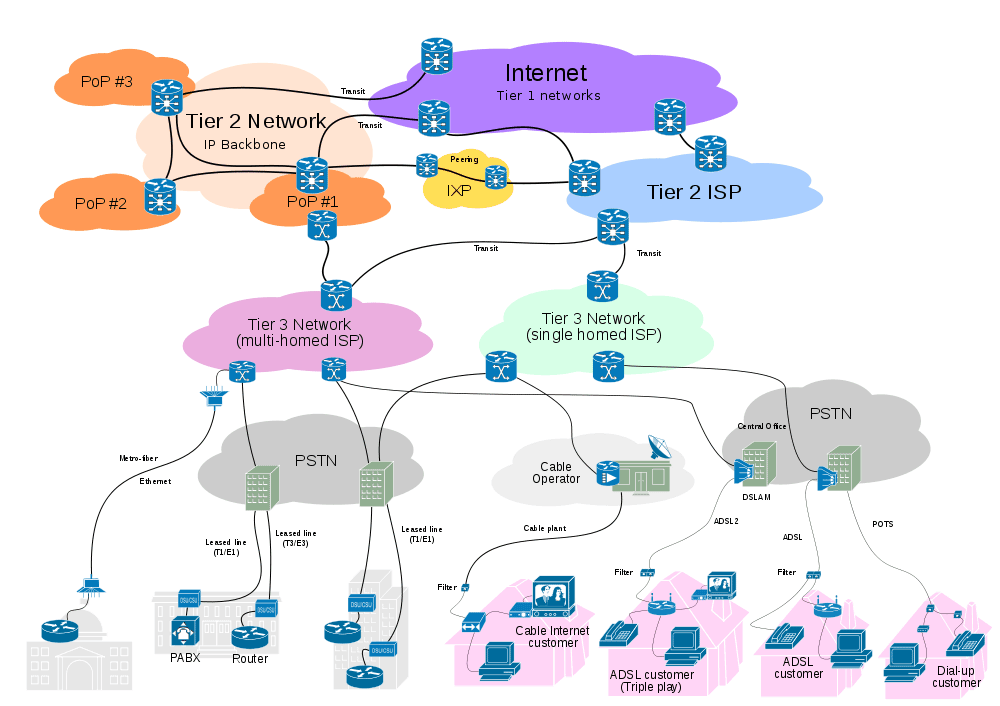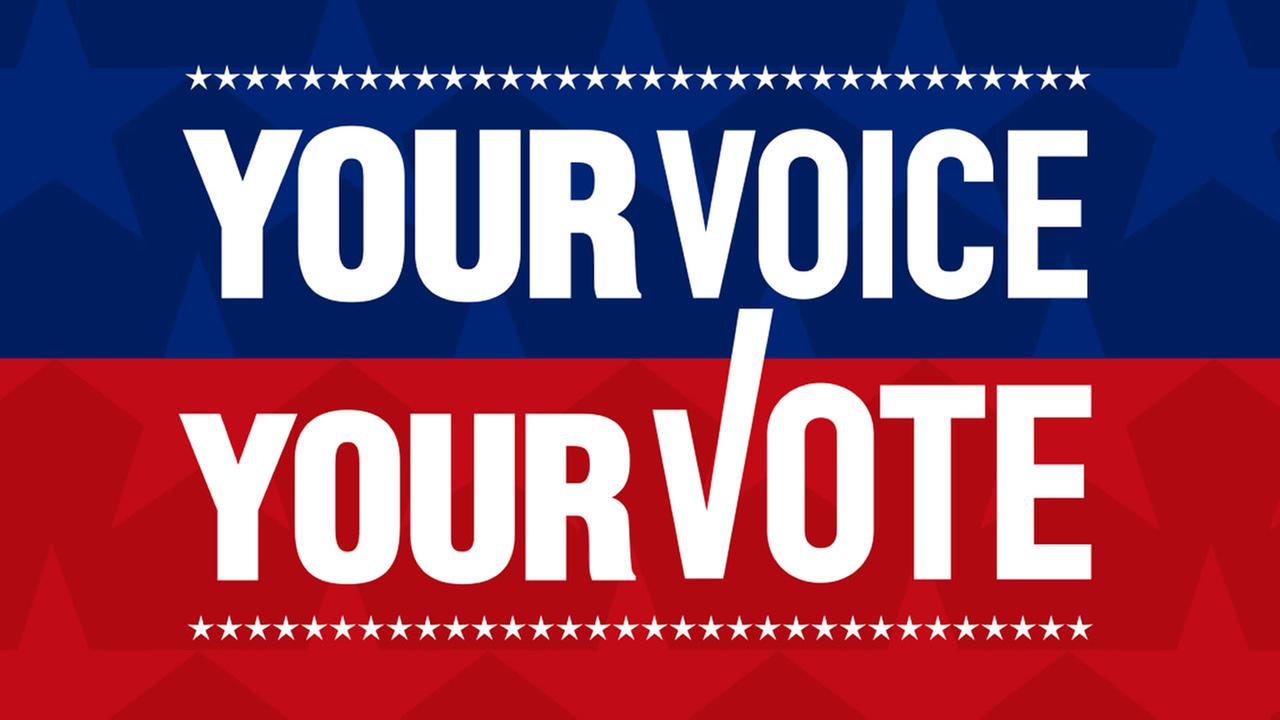On a surface level, it may seem convenient that Google provides to you, as an individual user, a set of personalized search results that most match you based on your previous searches and demographics. When one looks up Starbucks, they're most likely looking for directions to the Starbucks nearest them, and not the history behind it or it's stock market value. The real issue with these algorithms goes much deeper and is much more long-term.
As mentioned in our #NetNeutrality project, powerful ISPs are the Internet service providers that provide means through which data can be transmitted from and to various users and technologies. Companies such as AT&T, Time Warner, Comcast are all strategically designed ISPs that have the power to decide what information gets through and what does not. With this being said, this lack of net neutrality allows for some websites as well as other type of sponsored and well-established information sources get more spreadability than other smaller or relatively newer ones.
 |
| Source: arstechnica |
Since I'm also taking Economics this semester, it was easy for me to comprehend why it's so important for there to be more of an open internet and to not have only a few, mega ISPs control information. In a market, the more competitors there are for a certain product, the more accessible the prices will be for the customers, it's the farthest thing from a monopoly. Eggs are cheap because of the vast amount of suppliers there are, but goods such as Smartphone creators are more limited, which is why Apple is able to charge so much and a company like Blackberry can so easily go down from a slight disadvantage. Same applies to ISPs. The less ISPs there are, the more control each one has over the information their consumers access - that right there is one big component of the Net Neutrality issue. For that to be fixed, new regulations or a reclassification of broadband must be made.
 |
| Source: Access Smart Solutions |
Up until this project and our group's exploration of #NetNeutrality, I navigated the web thoughtlessly and accessed sites based on the first three search results. Now, I understand that many congressmen, citizens around the world, our very own President Obama, among others, are imploring awareness to prevent the Internet from becoming too much of a limited resource. Our world is significantly more advanced than it has ever been before and it's only getting more and more technology-based from here. With this said, it is vital that the government and the democracies around the world start realizing what these ISPs are doing and the way in which they are limiting knowledge. As mentioned in our video, Internet access is basically a utility now and no longer a luxury. It is a necessity for business and consumers, making it incredibly irrational for big companies to decide what the rest of the public accesses.







